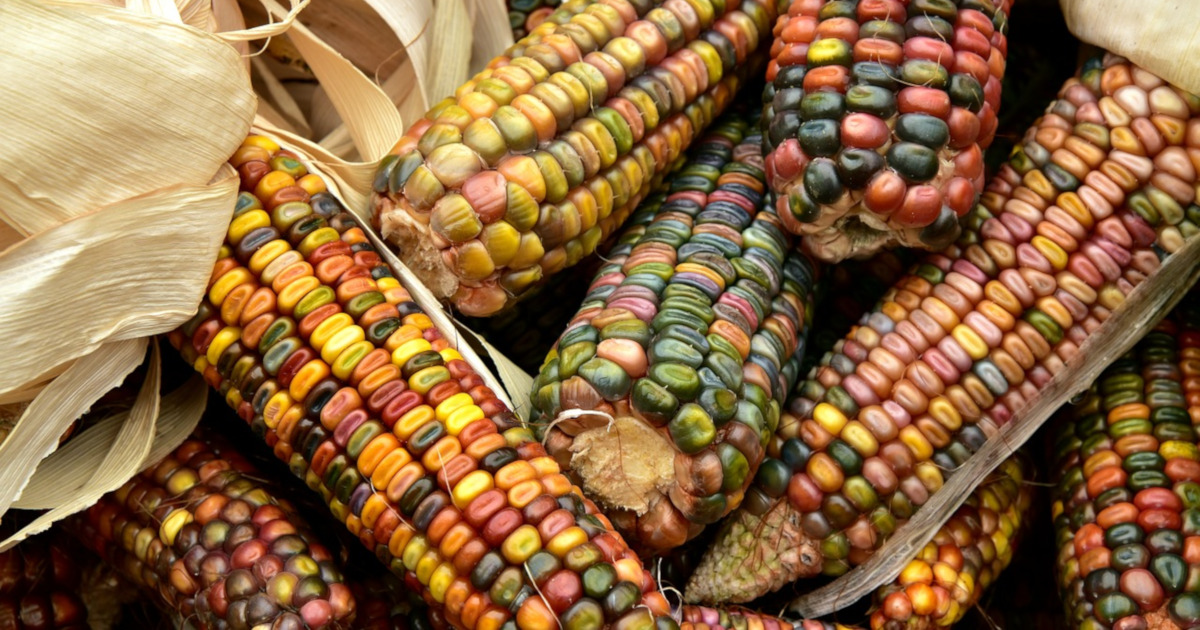
Collective Action, Democracy and Mexico’s Defense of Its Corn and Food Sovereignty
Agroecology has emerged as a set of practices based on principles that guide how to produce food sustainably, as well as how to manage the social relationships that govern food production, processing, exchange and waste management in a fair manner. This article focuses on collective action by some of the many social movements in Mexico to protect the country’s right to food sovereignty.
April 1, 2023 | Source: IATP | by Enrique Perez S.
This article is the seventh in a series highlighting the work of our colleagues around the world to build agroecological practices, science and movements. Agroecology has emerged as a set of practices based on principles that guide how to produce food sustainably, as well as how to manage the social relationships that govern food production, processing, exchange and waste management in a fair manner. This article by Enrique Perez S., editor of La Jornada del Campo, focuses on collective action by some of the many social movements in Mexico to protect the country’s right to food sovereignty.
The neoliberal model has devastated the Mexican countryside, food, biodiversity and the social fabric. But neoliberalism, as Undersecretary of Food Self-Sufficiency Víctor Suárez points out in his book Rescate del Campo Mexicano, “has also sought to weaken social resistance in the countryside, undermining peasant identity and cohesion, discouraging organization and collective action, breaking the family and community fabric, cornering the culture of work and self-effort, and promoting individualism, populism, welfarism and victimhood.”
